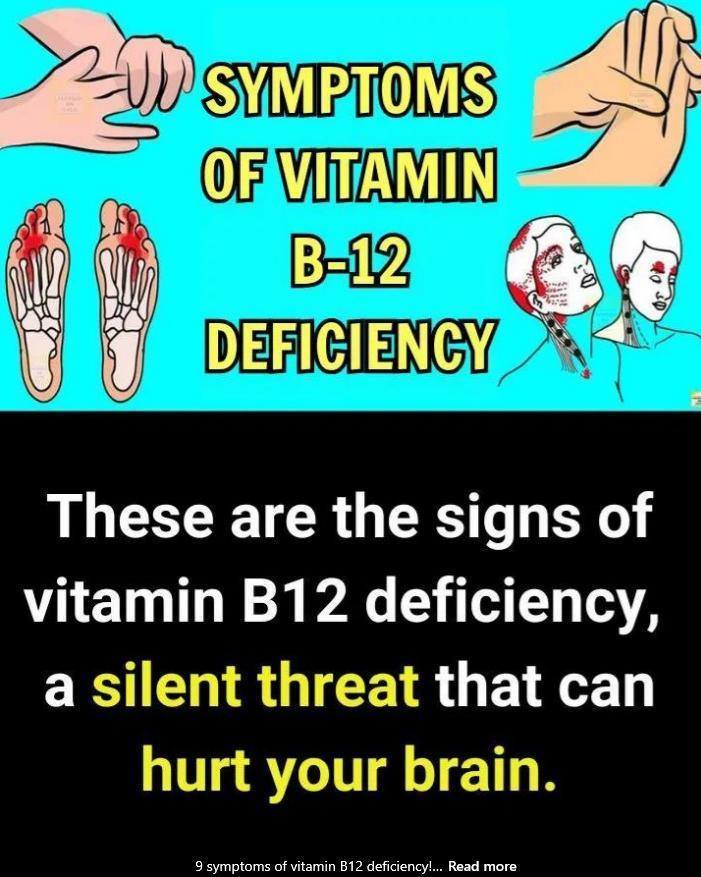Fatigue and Weakness: One of the earliest symptoms, caused by B12’s role in energy production.
Pale or Jaundiced Skin: A lack of healthy red blood cells can lead to a pale complexion or a slight yellowing of the skin.
Tingling or Numbness: B12 is essential for nerve health; deficiency can cause a “pins and needles” sensation in the hands or feet.
Memory Issues and Confusion: Low B12 levels can mimic dementia symptoms, including forgetfulness and difficulty concentrating.
Mood Changes: Depression, anxiety, and mood swings may occur due to the impact of B12 on brain chemistry.
Glossitis and Mouth Ulcers: A swollen, red tongue or frequent mouth sores can be a sign of deficiency.
How to Maintain Healthy B12 Levels
Eat B12-Rich Foods: Include eggs, dairy, meat, fish, and fortified plant-based alternatives in your diet.
Take Supplements: B12 supplements or multivitamins are especially helpful for those at risk.
Monitor with Blood Tests: Regular screenings can help detect deficiencies early, particularly for high-risk individuals.
Types of B12 Supplementation
